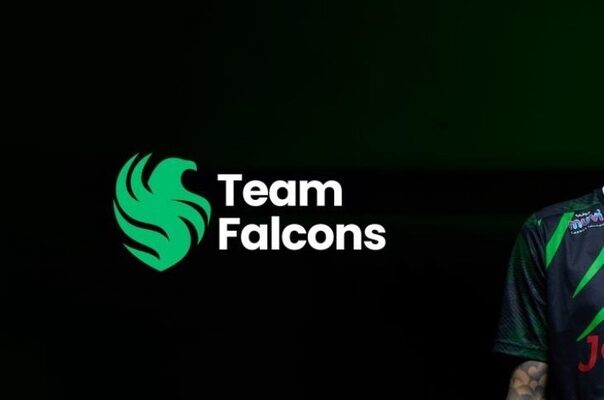A recent statement from professional Counter-Strike 2 player Boris `magixx` Vorobiev has cast a spotlight on the often-unseen dynamics within top-tier esports organizations. His specific criticisms targeting Lars Robl, the psychologist for Team Falcons` CS2 roster, have ignited a discussion about the boundaries of player management and personal autonomy in competitive gaming. The incident prompts a closer look at the evolving role of mental health professionals in a high-stakes industry where performance is paramount.
The Allegations: Rules Beyond the Game?
Magixx’s remarks, initially shared on a Telegram channel, detailed instances where Robl allegedly imposed restrictive measures on high-profile players. Foremost among these was the purported prohibition for Ilya `m0NESY` Osipov, a renowned talent, from engaging in late-night matches on FACEIT, a popular competitive platform favored by professionals. Another striking claim involved Maxim `kyousuke` Lukin being reportedly forbidden from smoking. These anecdotes, presented as direct interventions, highlight a level of control that many might find unusual in a traditional sports context, let alone the often-unconventional world of esports.
The Evolving Role of Esports Psychology
The integration of sports psychologists into esports teams is a relatively recent, yet increasingly common, phenomenon. Designed to enhance mental fortitude, team cohesion, and individual performance under immense pressure, these roles are crucial for navigating the unique stresses of professional gaming. Players often face gruelling schedules, constant travel, and the relentless demand for peak performance in a rapidly evolving meta. Psychologists are meant to provide strategies for managing stress, improving focus, and fostering healthy team dynamics.
However, magixx`s comments raise pertinent questions: Where does performance optimization end, and personal freedom begin? Is a psychologist`s role to manage every facet of a player`s life, or to provide tools for self-regulation and mental resilience? The line can become blurred when an organization aims for complete control over a player`s lifestyle in the pursuit of marginal gains.
Player Autonomy Versus Team Discipline
Professional esports players operate on schedules that often defy traditional norms. Late-night practice sessions, international travel, and constant pressure to perform define their careers. For many, `grinding` on platforms like FACEIT in their off-hours is not merely leisure, but a core part of their continuous skill development and passion for the game. The notion of a psychologist dictating off-hours activities like playing a public match, or personal habits like smoking – even if for health reasons – can be perceived by players as overreach, infringing on their personal space and autonomy.
Magixx underscored this sentiment with a dry, humorous, yet pointed query: “If Falcons were to acquire [another player], HeavyGod, what then? Would he be forbidden from eating?” This quip perfectly encapsulates the potential absurdity players might feel when confronted with what they perceive as excessive, almost paternalistic, control.
Beyond the Restrictions: Team Dynamics and Performance
This situation also subtly touches upon the broader competitive landscape and team dynamics. Danil `donk` Kryshkovets, another prominent CS2 player, reportedly suggested Team Falcons recruit magixx, playfully adding, “If you keep struggling, get Boris, and you`ll start winning.” This comment, while lighthearted, hints at an underlying critique of team performance, potentially linking it to internal dynamics and player well-being. It implies that a healthy, unconstrained, and trust-based environment is paramount for sustained success, even more so than rigid adherence to externally imposed rules.
The Path Forward for Esports Organizations
The incident serves as a crucial talking point within the esports community. It prompts organizations to clearly define the scope of psychological support, ensuring it empowers rather than constrains players. For players, it`s a reminder of the need to balance professional discipline with personal well-being and to communicate effectively when boundaries feel crossed. Ultimately, the quest for competitive advantage should ideally foster an environment where elite talent can thrive, grow, and express themselves, not feel stifled. After all, a player’s performance stems not just from rigorous training, but also from a healthy mind and a sense of agency, lest they find themselves asking, half-jokingly, if their next meal will be subject to professional review.







